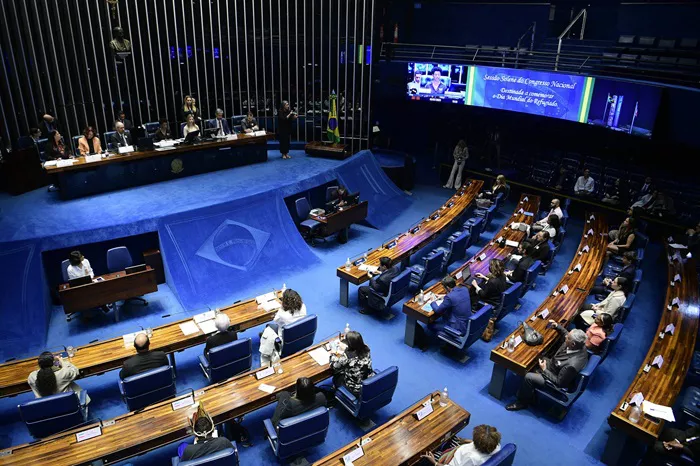A proposal by the European People’s Party (EPP) to establish a dedicated health committee in the European Parliament is facing resistance from other political groups and stakeholders.
As the European Parliament prepares for a new institutional cycle, the EPP, the Parliament’s largest political group, has suggested creating a separate committee focused solely on health issues. This committee would be distinct from the existing ENVI committee, which currently handles the environment, public health, and food safety.
The EPP argues that health issues are often overshadowed within the larger ENVI committee and deserve more focused attention. Outgoing MEP Tomislav Sokol (Croatia/EPP) has been a strong advocate for the new committee, stating that “the integration of environment and health in the ENVI committee seems misaligned, given the distinct and critical nature of each area.” He believes that a dedicated health committee would better address the complexities of public health and advance the well-being of European citizens.
However, this proposal has sparked criticism from other political groups and stakeholders who fear that separating health from environmental and other issues could undermine the cross-sectoral nature of public health. They argue that public health issues are inherently linked to environmental, social, economic, and budgetary concerns.
MEP Nils Torvalds, ENVI coordinator at Renew Europe, expressed his concerns to Euronews, stating, “I think there are many reasons for having one [health committee], but probably more, and more important for not having one.” He warned that a new health committee would increase the number of reports and detach health issues from related areas.
This sentiment is echoed by other political groups who support the ‘One Health’ approach, which recognizes the interconnectedness of human, animal, and environmental health. MEP Tilly Metz (Luxembourg/Greens) warned against a “silo mentality,” emphasizing that public health encompasses more than just healthcare and medicines, and includes climate and environmental concerns, healthy food, prevention, social policies, research, and safety.
The Socialist group has also voiced its opposition, stating that it supports the One Health principle, which is best served within the ENVI committee and its health subcommittee. The World Health Organization, the European Commission, and various health agencies have also advocated for the integration of health into all policies to address threats such as climate change and zoonotic diseases.
Anne Stauffer, deputy director at the Health and Environment Alliance (HEAL), argued that separating the committees would be a disservice to people, as they are increasingly experiencing the health impacts of climate change, pollution, and biodiversity loss.
Additionally, concerns have been raised about the potential impact on occupational health and safety. Recently elected MEP Per Clausen, from The Left, told Euronews that a standing health committee could undermine the ability to address occupational health and safety alongside other workers’ rights. The European Trade Union Confederation (ETUC) also warned that removing occupational health and safety from the employment committee’s remit could weaken the framework that holds employers accountable for preventing risks at the workplace.
The ETUC’s letter to MEPs emphasized that health competences in the EU remain national and are administered by member states, which could complicate the enforcement of health and safety legislation at work.
As discussions continue, it remains to be seen whether the EPP’s proposal will gain the necessary support to become a reality.
Related topics:
- Empowering Indigenous Healthcare: First Nations Health Worker Traineeship Program Thrives
- Zimbabwe’s Friendship Bench Initiative Goes Global, Inspiring Mental Health Support
- Paris Olympics Prepare Medical Staff for Endurance Event Challenges


